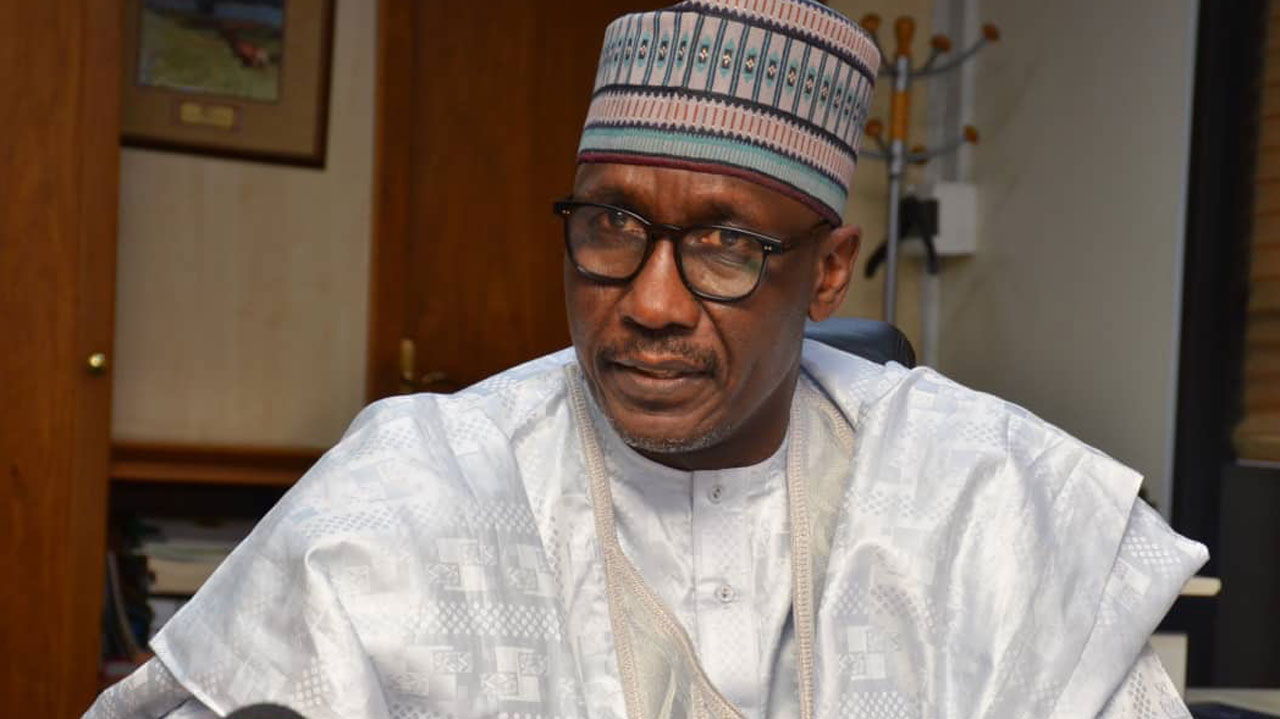Oil theft at an industrial scale in the last seven years has not only put Nigeria to ridicule among oil producing countries, but it has brought to nothing all the investments President Muhammadu Buhari’s administration has made in the oil and gas sector, among them the enactment of the Petroleum Industry Act 2021.
As a result of the theft, Nigeria, in the last three years, has been unable to supply to the international market the Organization of Petroleum Exporting Countries (OPEC) 1.8 million daily production quota allocated to Nigeria.
At an improved rate, the Nigerian National Petroleum Company (NNPC) Limited, Group Managing Director, Mele Kyari, claimed Nigeria now exports 1.6 million barrels per day, about 200,000 barrels per day short of OPEC quota for Nigeria. As at 2017, when some 400,000 barrel of crude oil was stolen every day, Nigeria became the headquarters of oil theft in the world, distantly followed by Mexico, where some 10,000 barrels of crude oil were lost daily. Speaking on this harrowing experience, Vice President Yemi Osinbajo told stakeholders at a meeting in Abuja last week, that the situation could not be permitted to continue unchallenged.
Osinbajo said oil theft is “so grievous a crime [it] cannot simply be a subject of summitry; people must do their jobs and if they are unable to do them, then there must be an accounting for such failures. Institutional and personal reputations are at stake… Oil theft and sabotage of oil and gas assets are a clear and present danger to our economy and national security…”
Voters flee polling units as Boko Haram strikes in Borno
Voters applaud security operatives’ conduct at polls
It is not as if the Buhari administration had ignored the crime. Vice President Osinbajo outlined some of the deliberate attempts made to nip the crime in the bud since 2015. He said, “We have invested significantly in scaling up our maritime security architecture. In June 2021, President Buhari flagged off the Integrated National Security and Waterways Protection Infrastructure Project otherwise known as the Deep Blue Project – a collaborative multiagency effort involving the armed forces, the police and the Department of State Services (DSS), the Nigerian Maritime Administration & Safety Agency (NIMASA), jointly led by the Ministry of Transport and the Ministry of Defence.
The project provides air, naval and land assets for surveillance, policing, and search and rescue operations in our coastal waters and our exclusive economic zones.” Apart from these, the Vice President commissioned what is called the Falcon Eye, a maritime surveillance facility that networks sensors installed along our nation’s coastline, designed to provide actionable intelligence in real-time on maritime security threats and enable the swift and preemptive interdiction of criminals.
That oil criminals circumvented these measures and stole more quantities of crude oil clearly points to complicity by stakeholders in the oil sector.
Oil theft is not totally new in Nigeria; the scale has rather grown to a proportion that is unbelievable. First noticed in the 1970s, it escalated between 2011-2014 through small and large scale pipeline tapping, and under-declaration of oil production by oil companies at export terminals. Between 2011-2014, the annual losses to oil theft was put at N995 billion. And a report by a newspaper last year stated that between January and July of 2022, Nigeria lost an average of 437,000 barrels of oil a day to criminals. The loss was put at about $10 billion, which is equivalent to N4.3 trillion.
The industrial scale stealing of Nigeria’s crude oil is carried out when small ships anchor near pipelines, drill and siphon crude oil and take them to larger oil tankers on the high sea.
The small ships repeat the process many times before the huge tankers are filled. In other cases, there are multiple siphoning points through hosts that are as long as two kilometres into tankers that can take between 30,000 and 60,000 barrels of crude oil to the international oil market. The process involved is so laborious that the multiple security measures cannot fail detect them before they are completed.
It is not enough for the Nigerian National Petroleum Company (NNPC) Limited, to acknowledge the theft, it is in fact its duty to account for the crude lost to the criminals and it must do so. Apparently, government has treated oil theft with levity. We call for a forensic investigation into oil theft, especially in the past few years, during which the trend cost the country huge losses in revenue.
There must be stringent punishment of perpetrator and allied practitioners, without fear or favour. Because crude oil remains the country’s main source of forex, no investment is too much to make in it. We, therefore, call on government to acquire high technology for metering crude oil export and for mapping the movement of crude from extraction to export terminals. Other serious oil producing countries have this technology.
There must be improved oil sector governance, perhaps, through proper implementation of the PIA 2021. There is need to equip the Economic and Financial Crimes Commission (EFCC) with the investigative capacity to probe oil theft, as a way of ensuring that stakeholders do not dodge punishment through the opaque nature of the sector. Also, the fact that those fingered for oil theft in the past were never punished has emboldened new criminals to join the trade. Punishment is a better deterrence than enactment of multiple laws that are never invoked.

 Join Daily Trust WhatsApp Community For Quick Access To News and Happenings Around You.
Join Daily Trust WhatsApp Community For Quick Access To News and Happenings Around You.


